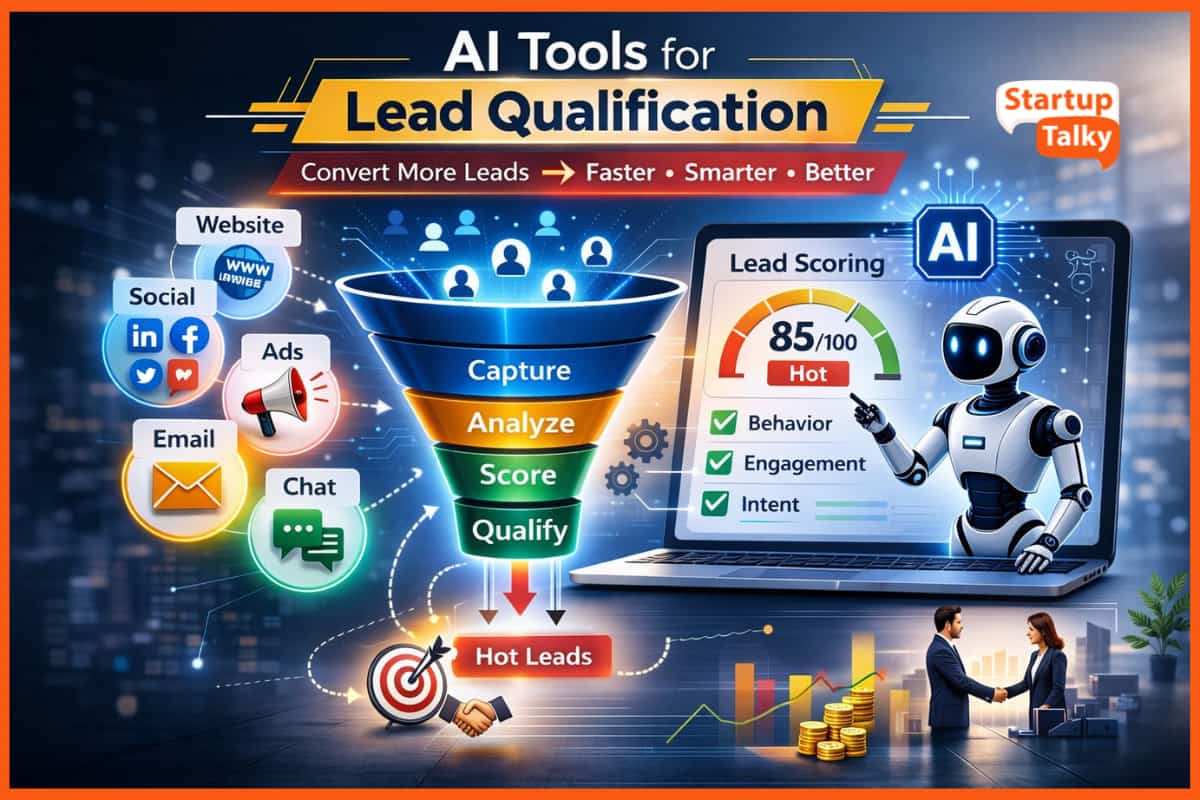What Is Online Reputation Management and Why Should your Business Care?
📖 Learning
Simply put, Online Reputation is how others see you or your organization online. The question is, are you represented fairly?
Online Reputation Management (ORM) means taking control of the online narrative and protecting your image.
Typically, organizations only consider Online Reputation Management if a negative news cycle, cyberattack, or a wave of derogatory or false customer reviews impacts them.
With 93% of all consumers using Google to find information online, online and offline are blending, and Reputation Management is more critical than ever for companies.
Your Online Reputation is Forever
Suppose someone writes something negative about your business online. In that case, it can put your business at a severe disadvantage over the long term. You might risk falling victim to a vicious cycle of misinformation and rumors—especially if ignored.
Digital Reputation firms like TheBestReputation employ propitiatory techniques and strategies to ensure that people find suitable assets when they look for you on the Internet.
Experienced Reputation Partners can also help create balance, counteract misleading trends, and allow you to portray your business correctly.
Two Types of Online Reputation Management
Reactive ORM
Reactive ORM, sometimes called Crisis Management, is a response to a sudden wave of a vicious news cycle, mass negative reviews, or postings from disgruntled former employees. Businesses can address this by having the right Online Reputation Management partner to craft follow-up content, authoritative media coverage, and custom Search Engine Optimization (SEO) strategy.
Proactive ORM
Many organizations leverage ORM tools to scale up their business by dedicating their efforts to producing quality content, monitoring customer reviews, and ensuring their information's accuracy across business listings.
Ask for Reviews
Reviews provide useful information, help your business stand out, and help your business profile rank better in Maps and Search.
One of the major listings that you can leverage is a Google My Business Listing. It is highly recommended to request reviews from customers by sharing a URL specific to your business. Here are some of the best practices suggested by Google:
- Remind customers to leave reviews
Let them know it's quick and easy to leave reviews. Business owners should refrain from offering incentives to customers to leave reviews. You can also get customers to leave reviews if you create and share a link. - Reply to reviews to build customer trust
Your customers will notice your business values their input if you read and reply to their reviews. - Value all reviews
Reviews are useful for potential customers when they're honest and objective. Customers find a mix of positive and negative reviews more trustworthy. You can always respond to a review to show the customers that you care and provide additional context. If the review doesn't follow the posting guidelines, you can request its removal.
Manage your Social Media Profiles
Managing multiple social media accounts on different social outlets for a small business owner can be exhausting, but it could certainly help in driving high-quality organic traffic to your business.
Here are some social media management best practices:
- Research your audience
- Develop consistent brand guidelines
- Schedule your content in advance
- Audit your performance
Hiring the right agency to blend your Online Reputation Management needs, whether it is Crisis Management, Public Relations (PR), or digital assets creation, and to scale up your brand, by utilizing social media management tools, increasing organic traffic, and SEO is essential to a healthy online presence!
Must have tools for startups - Recommended by StartupTalky
- Convert Visitors into Leads- SeizeLead
- Website Builder SquareSpace
- Run your business Smoothly Systeme.io
- Stock Images Shutterstock




